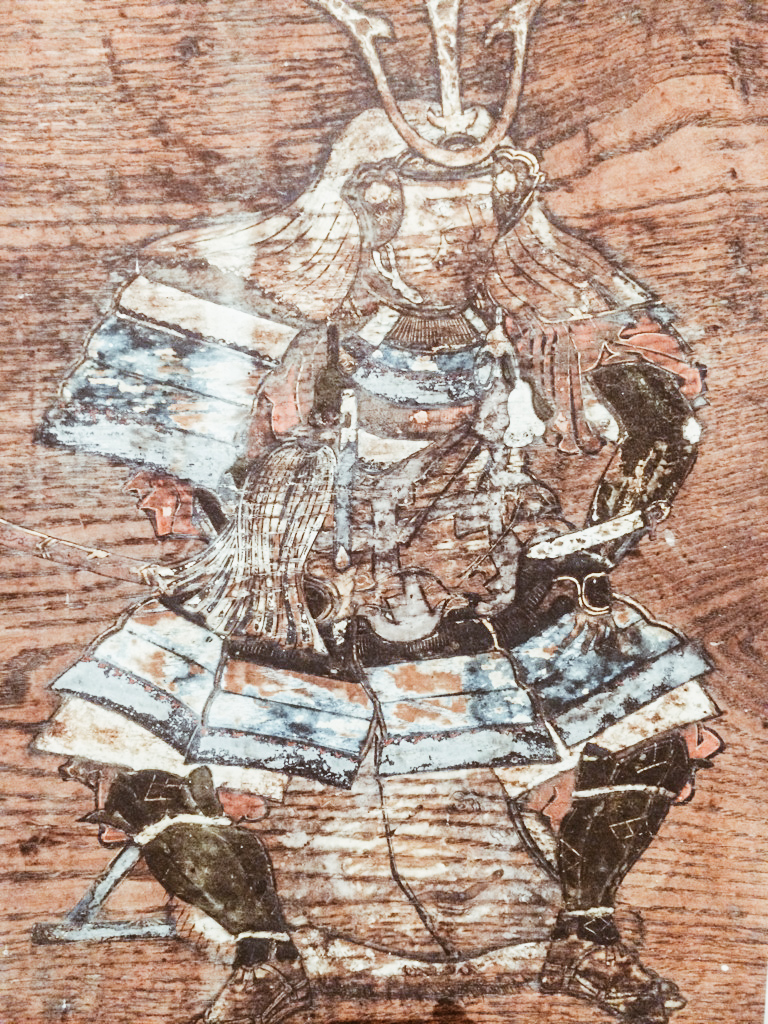Although Ankokuji Ekei (1539 – November 6, 1600) was a member of the Aki Takeda clan, his year of birth and his father are still uncertain. His year of birth varies from 1537 to 1539 and whether his father could have been Takeda Nobushige or Takeda Shigekiyo.
Ankokuji Ekei, samurai, monk and diplomat
Author: SaiKaiAngel

photo credits: samurai-world.com
When the Aki Takeda were destroyed in 1541 by Mori Motonari, Ankokuji Ekei was taken to a safe place in the temple of Ankokuji, which was located in the province of Aki.
At that time, Ankokuji Ekei changed his life becoming a Rinzai Buddhist monk and also a diplomat of the Mōri clan. It was the year 1585 when Toyotomi Hideyoshi praised his negotiations when the Mori clan formally served Hideyoshi. As Hideyoshi’s advisor, he even received a feud of 23,000 koku in Iyo province as a reward after the invasion of Shikoku (1585).
In 1586, after the Kyushu Campaign, his possessions were expanded to 60,000 koku. He participated in the war of Imjin, the Siege of Shimoda and lost the battle of Uiryong against Gwak Jae-u.
Despite being a great priest, Ekei led the men for both Hideyoshi and Môri Terumoto. Ankokuji Ekei was present at the Siege of Shimoda in the Odawara Campaign (1590) and in the Korean Campaigns (1592-93, 1597-98) in Terumoto’s staff.
In 1600 Ekei joined Ishida Mitsunari and exerted considerable pressure on Môri Terumoto, eventually prevailing on the advice of Kikkawa Hiroie. In the battle of Sekigahara, Ekei commanded 1,800 men on Nangu Hill, positioned near the troops of Hiroie and Natsuka Masaie. When the main armies were engaged around the village of Sekigahara, Ekei and the troops of Môri (commanded by Môri Hidemoto) decided to enter the fray and waited for Hiroie, the vanguard of Môri, to move. Unbeknownst to them, Hiroie had negotiated a secret agreement with Ieyasu and had no intention of moving.
Ekei and the Tokugawas
Ekei and Natsuka had no intention of doing anything so the 25,000 soldiers under Môri command remained inactive. This inactivity sealed a defeat that became devastating after the betrayal of Kobayakawa Hieaki, and once the matter was clearly decided, Ekei and his comrades thought it was better to retreat in a hurry.
Ekei tried to flee to To-ji, but was captured according to legend by a rônin who had an old grudge against him. Tokugawa sentenced him to death on Kyoto’s Rokujo-ga-hara, and was beheaded together with Konishi Yukinaga and Ishida Mitsunari.
Share this:
- Click to share on Facebook (Opens in new window)
- Click to share on Twitter (Opens in new window)
- Click to share on Tumblr (Opens in new window)
- Click to share on Pinterest (Opens in new window)
- Click to share on Telegram (Opens in new window)
- Click to share on WhatsApp (Opens in new window)
- Click to share on Reddit (Opens in new window)
- Click to print (Opens in new window)






